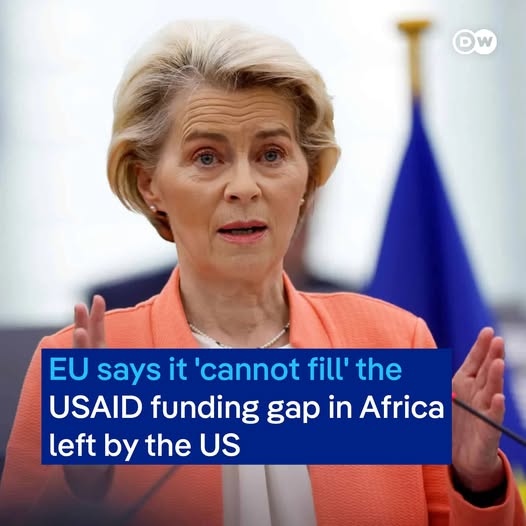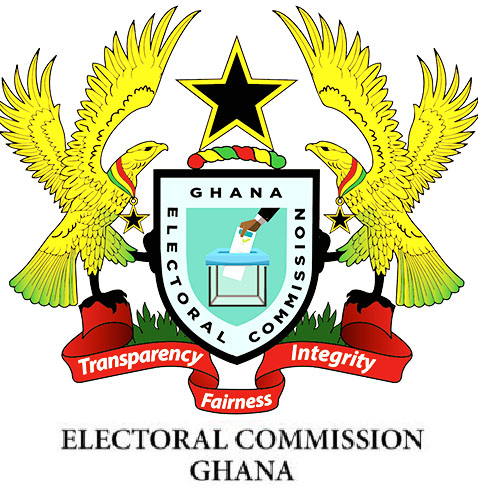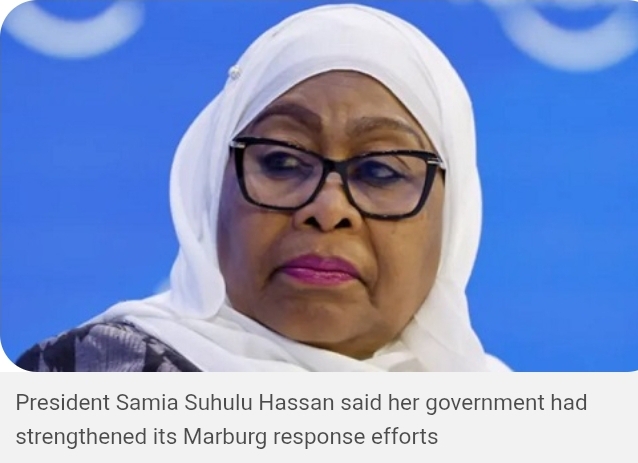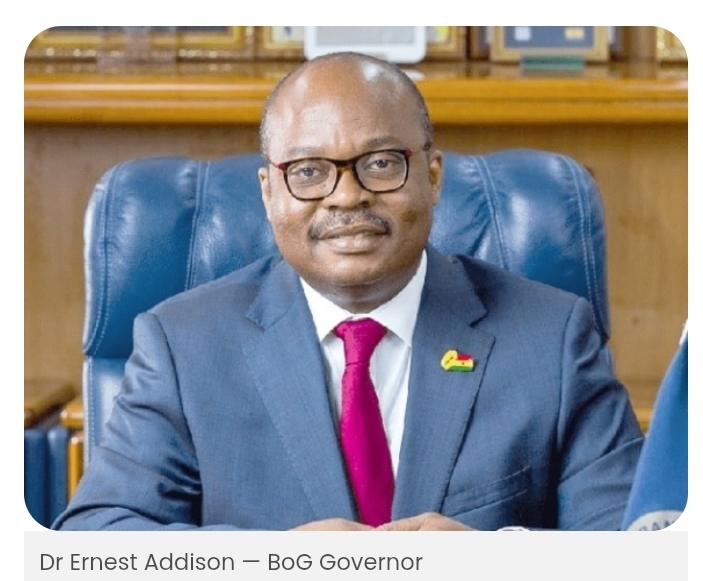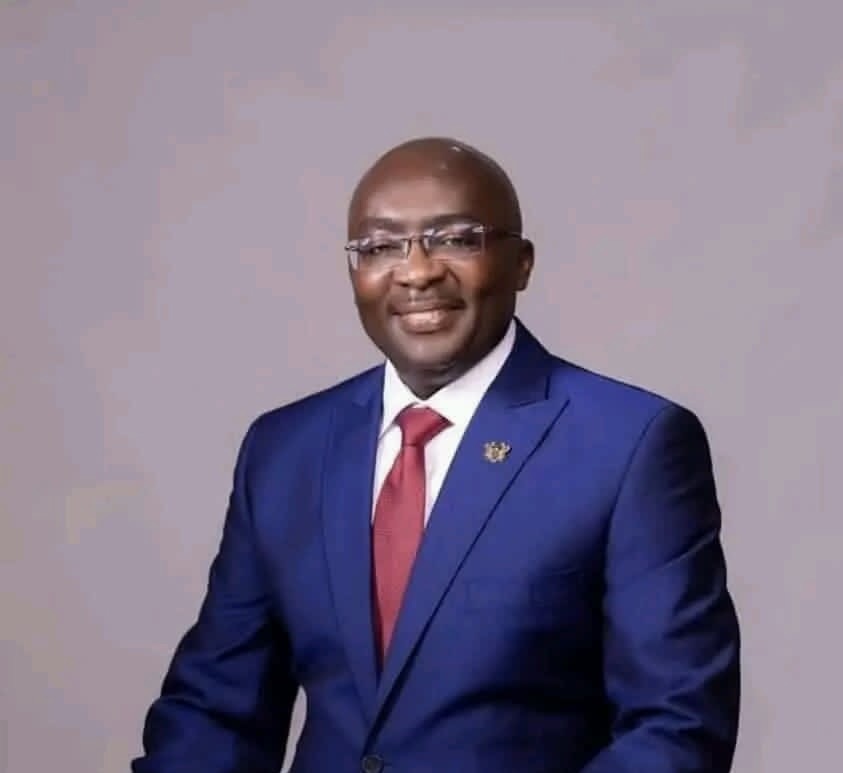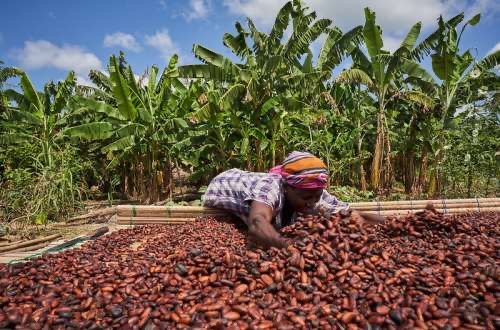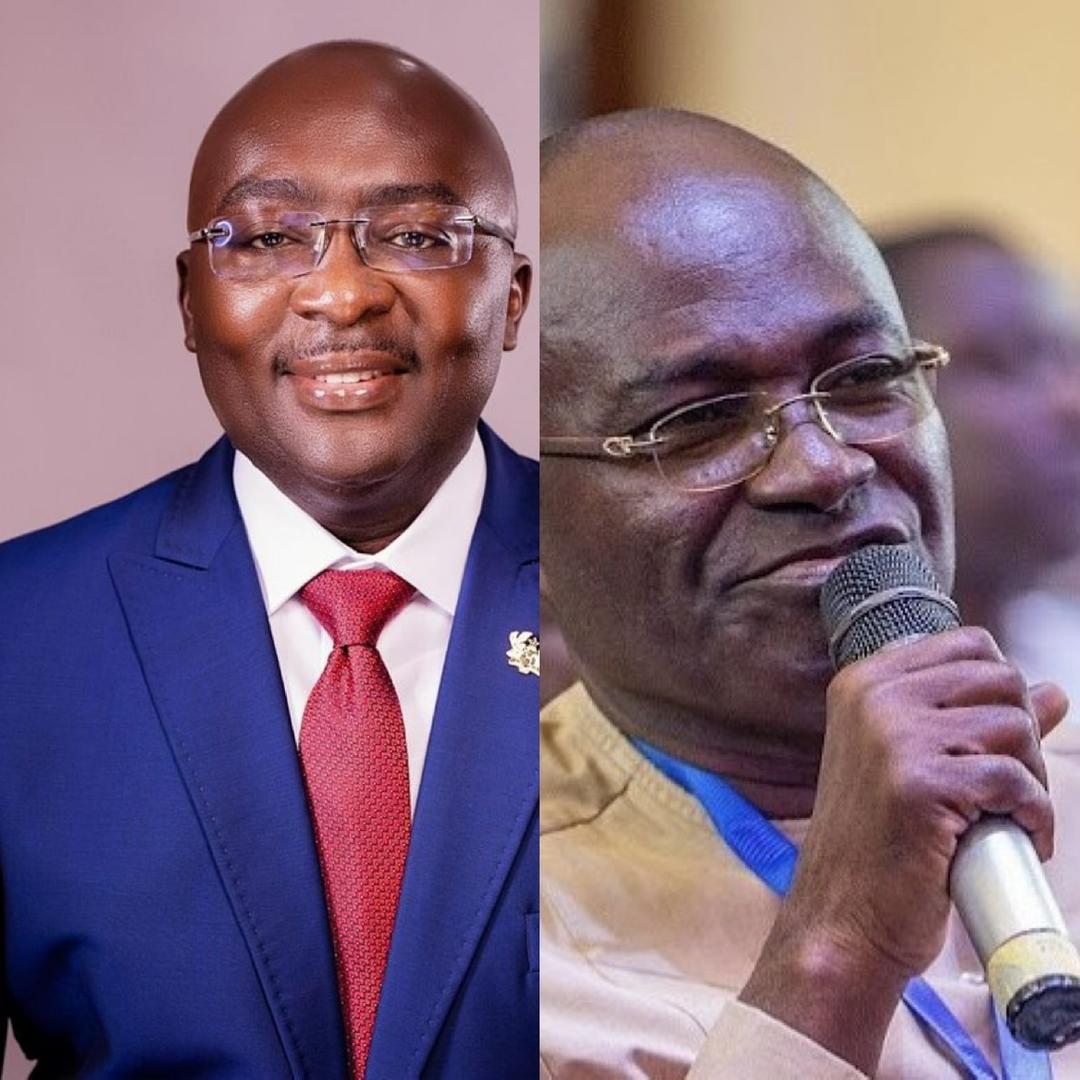The European Union has stated it cannot compensate for the funding shortfall left by the United States’ suspension of international aid programs, particularly affecting regions like Africa and Ukraine. As disability NGOs and governments seek urgent assistance, the European Commission emphasized that the EU lacks the resources to bridge this significant gap, raising concerns about the future of critical aid initiatives. The U.S. is the largest single aid donor globally, contributing approximately $72 billion in assistance in 2023, primarily through the U.S. Agency for International Development (USAID). In contrast, the EU, as the largest collective donor, provided nearly $100 billion in the same year. Despite the EU’s commitment to humanitarian efforts, with a 2025 budget of $1.9 billion allocated for humanitarian aid, including $510 million for Africa, officials have acknowledged that the funding gap is widening, leaving millions in dire need.
The suspension of USAID funding, particularly in sub-Saharan Africa, has had immediate and severe consequences. The freeze, initiated for a 90-day review by the Trump administration, has disrupted essential health services, including HIV clinics in Uganda and immunization programs in Nigeria. Experts warn that without swift action to mobilize alternative funding, the health of millions could be jeopardized.
Catherine Kyobutungi, head of the African Population and Health Research Center, highlighted the urgent need for funds to address the crisis, stating that the health of millions of Africans is at stake. The situation has prompted calls for other nations, including Germany, Sweden, and Japan, to step up and fill the void left by the U.S. However, the likelihood of other countries stepping in remains uncertain, as many traditional donor nations have also reduced their development assistance in recent years.
The impact of the USAID freeze is particularly acute for lower-income countries, where aid constitutes a significant portion of their gross national income. In response to the funding crisis, countries like Nigeria and Ghana are taking measures to allocate budget provisions to mitigate the effects of the aid suspension, with Nigeria approving $200 million to support its health sector.
As the situation unfolds, there are growing calls for coalition building among nations, multilateral lenders, and philanthropic organizations to address the urgent funding needs. The current crisis serves as a critical moment for countries to reassess their reliance on foreign aid and explore alternative funding models to ensure the continuity of essential health services.

